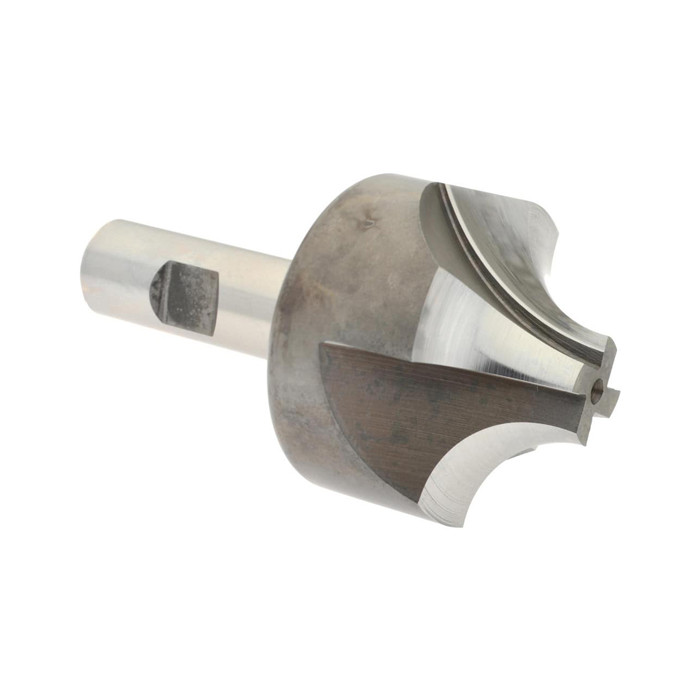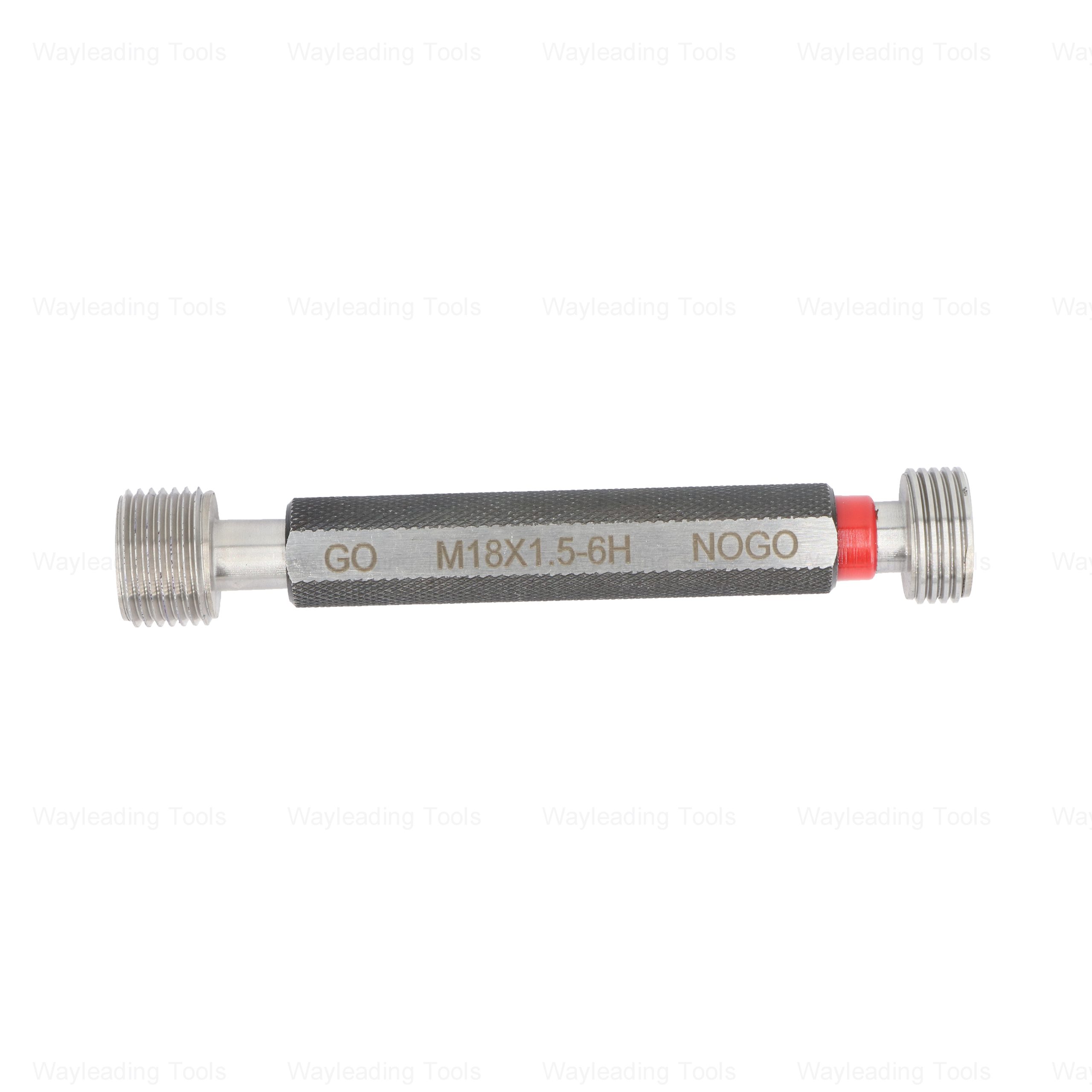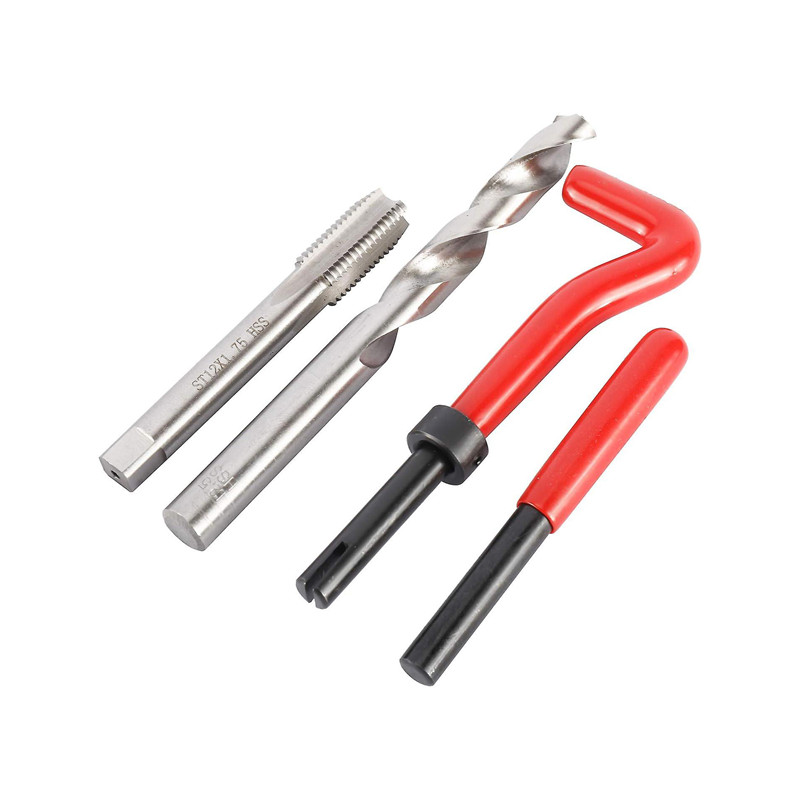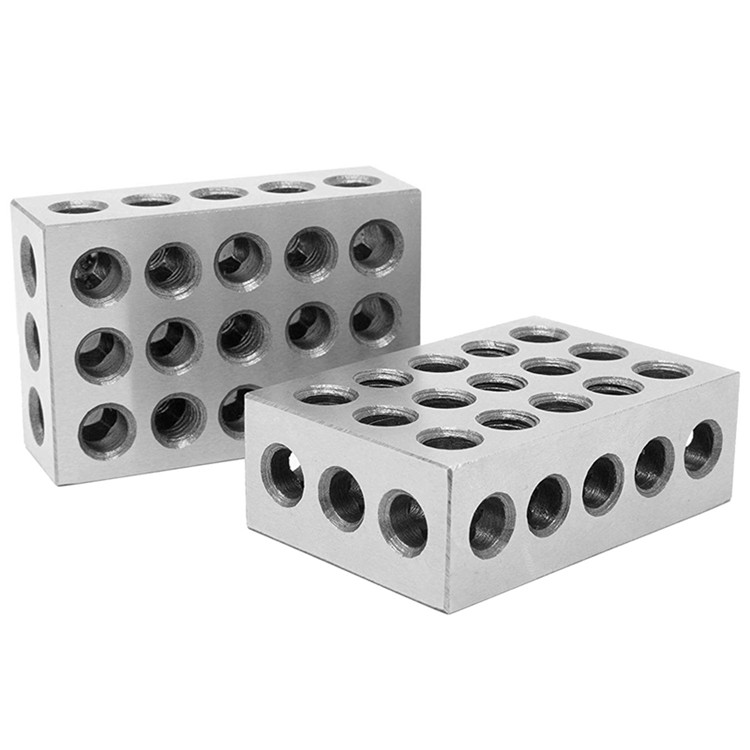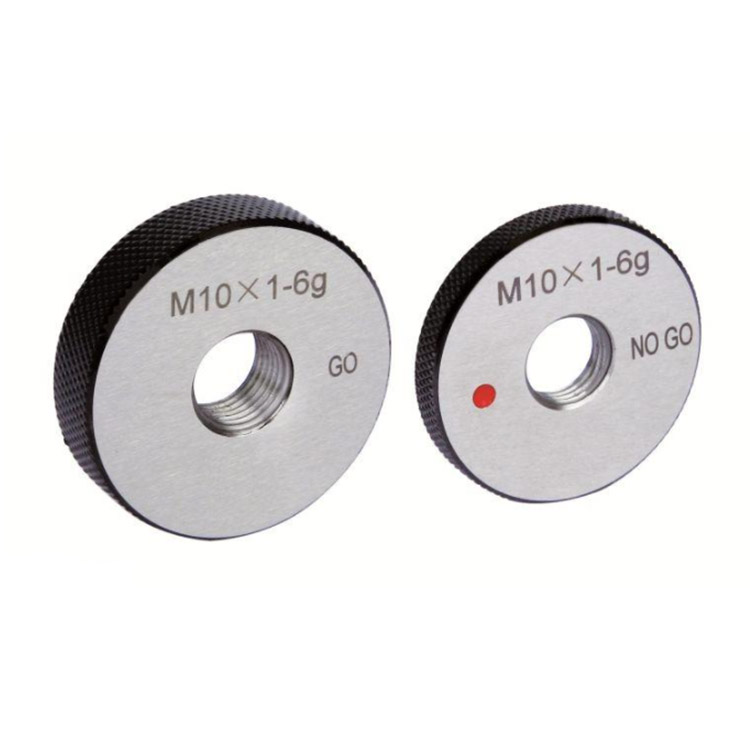metal threading tool Suppliers
Selecting the right metal threading tool suppliers is crucial for ensuring precision, efficiency, and cost-effectiveness in your metalworking projects. This guide provides a detailed overview of what to look for in a supplier, the different types of threading tools available, and factors to consider when making your final decision, helping you navigate the market and secure the best tools for your specific needs.
Understanding Metal Threading Tools
Metal threading tools are essential for creating screw threads on metal components. Choosing the right tool depends on the material, thread size, and desired finish. Let's explore the common types of threading tools.
Types of Metal Threading Tools
- Taps: Used to create internal threads (e.g., inside a nut). They come in various types like hand taps, machine taps, and spiral point taps.
- Dies: Used to create external threads (e.g., on a bolt). They can be solid dies, adjustable dies, or die heads.
- Thread Mills: Employ a rotating cutter to produce threads, offering excellent precision and versatility, especially for complex thread forms and hard materials.
- Thread Forming Tools (Cold Forming Taps): These tools form threads by displacing material rather than cutting it, resulting in stronger threads and eliminating chips.
- Single-Point Threading Tools: Used on lathes and milling machines, these tools create threads one pass at a time, allowing for precise control over thread depth and pitch.
Key Considerations When Choosing Metal Threading Tool Suppliers
Not all metal threading tool suppliers are created equal. Here's what to look for:
Product Quality and Range
A reliable supplier should offer a wide selection of high-quality tools from reputable manufacturers. Look for suppliers that provide detailed specifications, material certifications, and performance data. Wayleading Tools prides itself on offering a diverse range of threading tools to meet various project requirements. You can explore our catalog at www.wayleading.com.
Technical Expertise and Support
The best suppliers offer more than just products; they provide technical expertise and support. They should be able to answer your questions, recommend the right tools for your application, and provide guidance on proper usage and maintenance. Look for suppliers with experienced sales engineers or technical support teams.
Pricing and Availability
Competitive pricing is important, but it shouldn't be the only factor. Consider the overall value, including quality, support, and availability. Ensure the supplier has readily available stock or reasonable lead times to avoid project delays.
Reputation and Reliability
Check the supplier's reputation by reading online reviews, asking for references, and verifying their certifications (e.g., ISO 9001). A reputable supplier will have a track record of providing high-quality products and excellent service.
Top Metal Threading Tool Brands and Manufacturers
Choosing tools from established brands often ensures higher quality and performance. Here are some well-regarded manufacturers:
- Emuge-Franken: Known for high-performance taps and thread mills.
- OSG: Offers a comprehensive range of threading tools for various materials.
- Guhring: Provides precision threading tools with advanced coatings.
- Dormer Pramet: Offers a wide range of threading solutions, including taps, dies, and thread milling cutters.
Choosing the Right Tool for Your Application
Selecting the correct metal threading tool is essential for achieving the desired results. Consider the following factors:
Material
The material you're threading will significantly impact the tool selection. For example, threading aluminum requires different tools than threading stainless steel. Suppliers like Wayleading Tools offer tools specifically designed for various materials.
Thread Type and Size
Different thread types (e.g., metric, UNC, UNF) and sizes require specific tools. Ensure the tool matches the thread specification.
Production Volume
For high-volume production, consider using machine taps or thread mills, which offer faster threading speeds and longer tool life. For low-volume or hobbyist applications, hand taps and dies may be sufficient.
Machine Capability
The capabilities of your machine (e.g., lathe, milling machine, drill press) will influence the type of threading tool you can use. Ensure the tool is compatible with your machine's spindle speed, feed rate, and tool holding system.
Examples of Metal Threading Tool Applications
Here are some real-world examples of how metal threading tools are used:
- Automotive Industry: Manufacturing engine components, fasteners, and hydraulic fittings.
- Aerospace Industry: Creating threads on aircraft structural parts, engine components, and landing gear.
- Medical Device Industry: Producing threaded implants, surgical instruments, and diagnostic equipment.
- Electronics Industry: Manufacturing threaded connectors, housings, and heat sinks.
- Construction Industry: Fastening steel structures, piping systems, and HVAC equipment.
Cost Analysis of Metal Threading Tools
Understanding the costs associated with metal threading tools is important for budgeting and making informed decisions. Consider the following factors:
- Initial Tool Cost: The price of the tool itself.
- Tool Life: How long the tool will last before needing replacement.
- Cycle Time: The time it takes to complete a threading operation.
- Downtime: The time spent changing tools or addressing tool failures.
- Rework and Scrap: The cost of correcting or discarding parts with defective threads.
Here's a simple comparison table (example, actual prices will vary):
| Tool Type | Initial Cost (USD) | Estimated Tool Life (Threads) | Application |
|---|---|---|---|
| Hand Tap Set | $50 - $150 | Low-volume threading | |
| Machine Tap | $30 - $100 (per tap) | Medium-volume threading | |
| Thread Mill | $100 - $500 | High-precision threading, hard materials |
Tips for Maintaining Metal Threading Tools
Proper maintenance can significantly extend the life of your metal threading tools. Follow these tips:
- Lubrication: Use the correct cutting fluid for the material being threaded.
- Cleaning: Regularly clean tools to remove chips and debris.
- Storage: Store tools in a dry, protected environment.
- Sharpening: Sharpen dull tools to maintain cutting efficiency.
- Inspection: Inspect tools for damage before each use.
Finding Reliable Metal Threading Tool Suppliers Online
The internet provides a convenient way to find metal threading tool suppliers. However, it's important to be cautious and do your research. Here are some tips:
- Use Search Engines: Search for specific tool types and brands.
- Read Reviews: Check online reviews and ratings.
- Visit Supplier Websites: Evaluate the supplier's product range, technical information, and customer support.
- Request Quotes: Compare prices and terms from multiple suppliers.
- Verify Contact Information: Ensure the supplier has a valid address and phone number.
Conclusion: Partnering with the Right Supplier
Choosing the right metal threading tool suppliers is essential for optimizing your metalworking operations. By considering the factors discussed in this guide, you can make informed decisions and secure the tools you need to achieve your project goals. Remember to prioritize quality, technical support, and reliability. Wayleading Tools is committed to providing high-quality threading solutions and expert support to our customers. Contact us today to learn more about our products and services.
Related products
Related products
Best selling products
Best selling products-
 9PCS Broken Tap Extractor Set With Storage Box
9PCS Broken Tap Extractor Set With Storage Box -
 F1 Precision Boring Head With Metric & Inch
F1 Precision Boring Head With Metric & Inch -
 Round Die Wrench For Thread Cutting Tools
Round Die Wrench For Thread Cutting Tools -
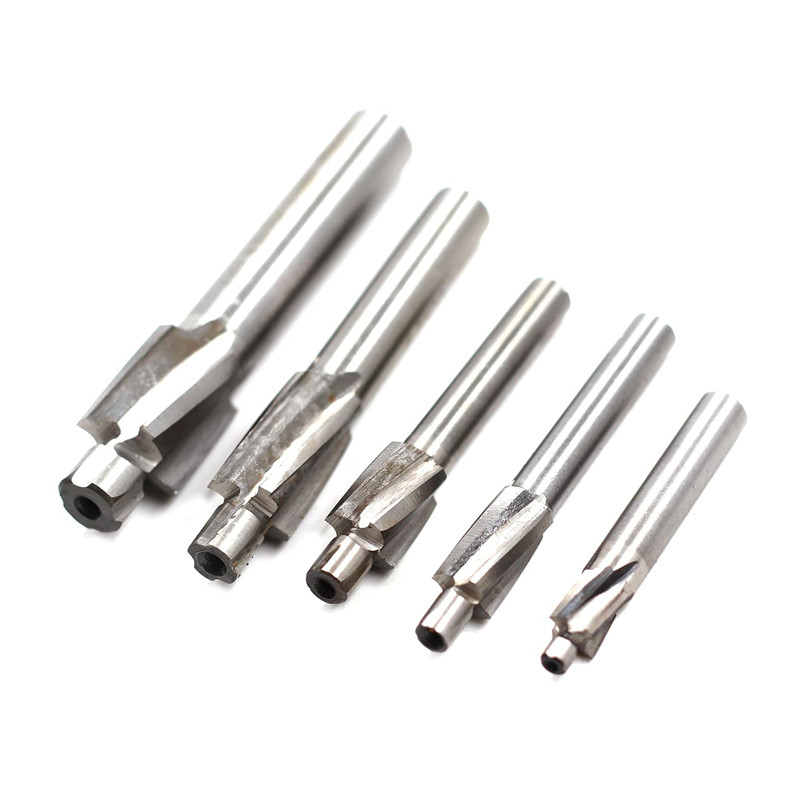 3 Flutes HSS Counterbore Drill Bit With Metric And Inch Size
3 Flutes HSS Counterbore Drill Bit With Metric And Inch Size -
 HSS ISO Metric Round Die Wieh Splite Or Adjustable Splite Type
HSS ISO Metric Round Die Wieh Splite Or Adjustable Splite Type -
 DIN338 HSS Twist Drill Bit Fully Ground Or TiN Coated
DIN338 HSS Twist Drill Bit Fully Ground Or TiN Coated -
 Single Wheel Knurling Tools With Straight Pattern For Industrial Type
Single Wheel Knurling Tools With Straight Pattern For Industrial Type -
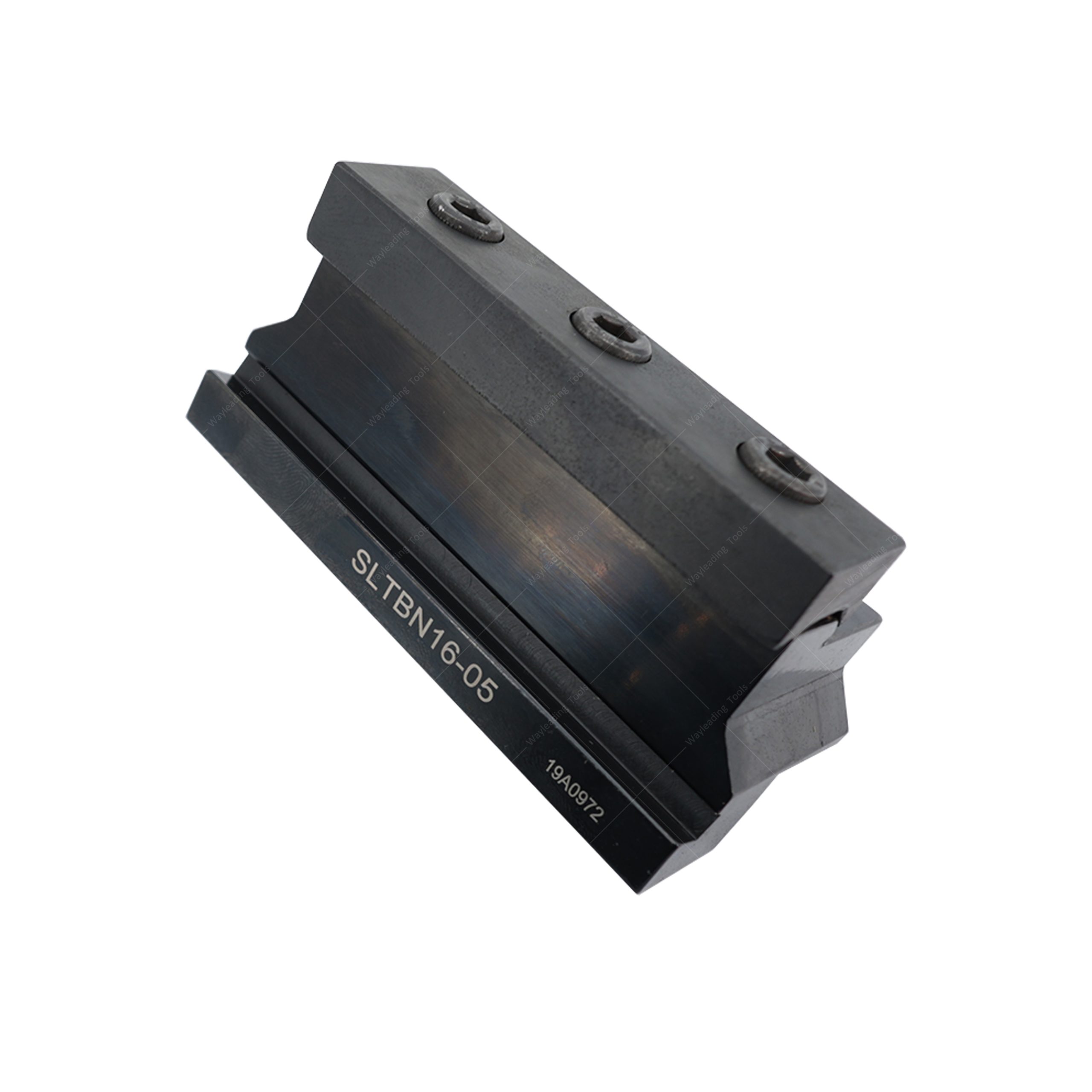 Parting & Grooving Tool Block For NCIH Blades
Parting & Grooving Tool Block For NCIH Blades -
 Precision 10pcs & 12pcs Angle Blocks Set With High Quality Type
Precision 10pcs & 12pcs Angle Blocks Set With High Quality Type -
 Precision Vernier Caliper Of Metric & Imperial For Industrial
Precision Vernier Caliper Of Metric & Imperial For Industrial -
 HSS Keyway Broach With Metric And Inch Size, Push Type
HSS Keyway Broach With Metric And Inch Size, Push Type -
 Precision IP54 Digital Outside Micrometer Of Inch & Metric With Data Output
Precision IP54 Digital Outside Micrometer Of Inch & Metric With Data Output


